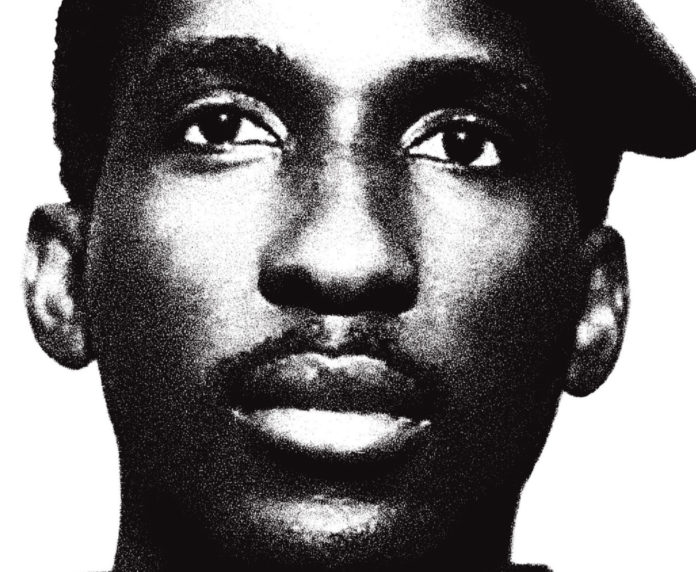Thomas Sankara’s murder verdict was announced on Wednesday, April 6 by the military tribunal which sentenced former President Blaise Compaoré and his former colleagues, Hyacinthe Kafando and Gilbert Diendéré, to life in prison.
After years of interruptions and delays, Sankara’s trial had resumed earlier this year in February after a military court restored the constitution in January.
Afrika’s revolutionary visionary, Sankara, was assassinated in a coup on October 15, 1987, aged 37 during a National Revolutionary Council meeting.
Blaise Compaoré ruled for 27 years after the bloody coup that killed Sankara before his regime was toppled in a 2014 revolution forcing him into exile in neighboring Côte d’Ivoire.
Sankara’s verdict was pronounced in absence of the convicted Blaise Compaoré who acquired an Ivorian Citizenship in 2016.
Although Prosper Farama and his team of lawyers representing the family of Thomas Sankara have demanded the extradition of Compaoré back to Burkina Faso to serve his life sentence, Côte d’Ivoire’s constitution does not allow for the extradition of its citizens making the handover of Blaise Compaoré to Burkina Faso authorities unlikely.
Thomas Sankara’s widow, Mariam Sankara, emphasized after the court ruling that “Burkinabé people and the public now know who President Thomas Sankara was…, what he wanted, what those who assassinated him wanted…”
Mariam Sankara’s utterances convey the dilemma of the Afrikan continent and its people scattered in the diaspora away from their national base. Afrika has many more Blaise Compaorés’ who have proven themselves to be amenable to foreign, colonial interests. These misguided internal stooges have demonstrated to be puppets at the hands of European imperialists in their willingness to sabotage and undermine the Pan-Afrikan revolution.
Thomas Sankara envisioned a liberated, self-sufficient Burkina Faso and a self-actualized continent. He reduced government vehicular fleet as part of his determination against maladministration, was committed to the reforestation of Burkina Faso which is part of the increasingly desertified Sahel region, and was engaged in rural development unlike the present-day obsession with only developing the capital cities. He was also devoted to an agricultural revolution, women’s rights, education, and the health of Burkinabé people.
Burkina Faso, West Afrika, and Afrika have been haunted ever since Sankara was murdered. It remains to be seen whether the life sentencing verdict of fugitive Blaise Compaoré will be enough considering that potential attempts to extradite him might end up becoming an effort in futility.
With the vivid memory of the way past revolutionaries were eliminated, Afrikan revolutionary youth should be on their guard in protecting contemporary Pan-Afrikan leaders. Undoubtedly, Sankara’s staunch disciples will hope to keep his revolutionary legacy alive knowing that Afrika’s liberation struggle continues…

